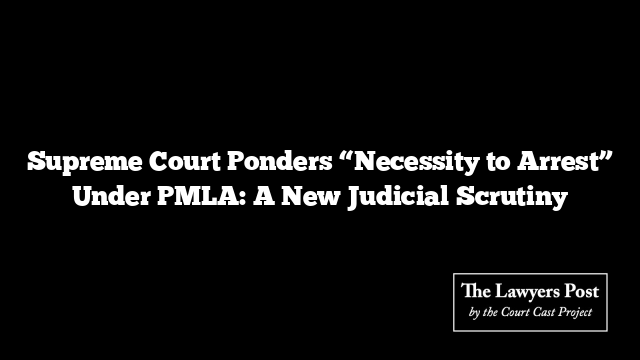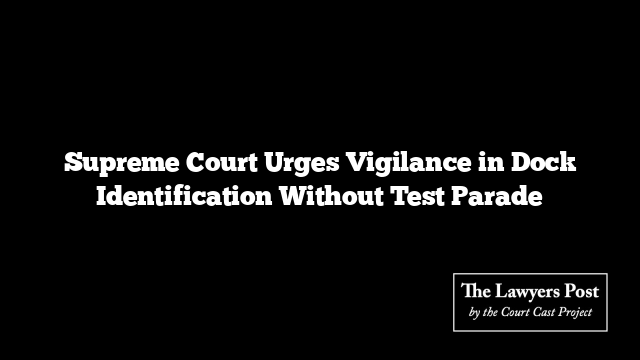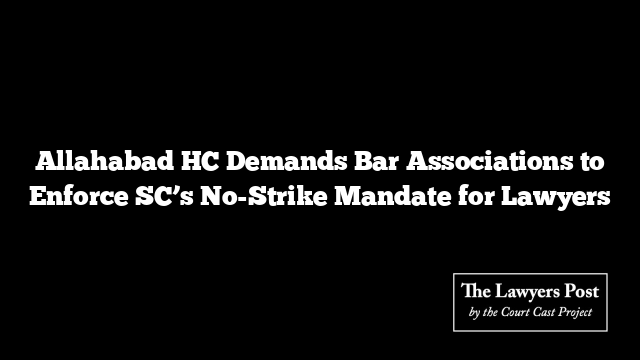In a landmark decision, the Supreme Court has taken up the critical question of whether the necessity to arrest can serve as a legitimate ground to challenge detentions under Section 19 of the Prevention of Money Laundering Act (PMLA).
A three-judge bench will delve into whether the Enforcement Directorate (ED) must justify the necessity of an arrest beyond merely having “reasons to believe” the accused is guilty. This follows an interim bail granted to Delhi Chief Minister Arvind Kejriwal, who is embroiled in a money laundering case linked to the Delhi Excise Policy.
Key questions referred for larger bench consideration include:
- Can the necessity to arrest be a standalone ground to challenge an arrest under Section 19 PMLA?
- Does the necessity to arrest involve formal arrest parameters or other personal grounds specific to the case?
- What parameters should courts consider when evaluating the necessity to arrest?
Justice Sanjiv Khanna and Justice Dipankar Datta emphasized that while Section 19 allows the ED to arrest based on “reasons to believe,” it does not explicitly mention the necessity to arrest as a challengeable ground. Kejriwal’s counsel argued that his March 2024 arrest was unwarranted, given the case was registered in August 2022 and most evidence was pre-dated to July 2023.
The ED contended that the necessity to arrest was met due to Kejriwal’s non-compliance with nine summonses, asserting that arrests aid in securing evidence and uncovering material facts.
The Court noted the need for proportionality, balancing the accused’s fundamental rights against public interest, and questioned if less restrictive measures could be equally effective. It clarified that accused individuals must be furnished with the “reasons to believe” to challenge their arrest validity, stressing that the ED’s power must be exercised lawfully and subject to judicial review.
Although the Supreme Court refused to quash existing reasons for arrest, it acknowledged their significance in bail hearings. Kejriwal’s arrest relates to allegations that Aam Aadmi Party leaders conspired to manipulate the Delhi Excise Policy to benefit certain liquor sellers, with funds allegedly used for the party’s Goa election campaign.
The Delhi High Court previously rejected Kejriwal’s plea against his arrest, leading to his appeal to the Supreme Court, which has now reserved its verdict. Meanwhile, the trial court granted him bail on June 20, but this was stayed by the Delhi High Court on June 25.





